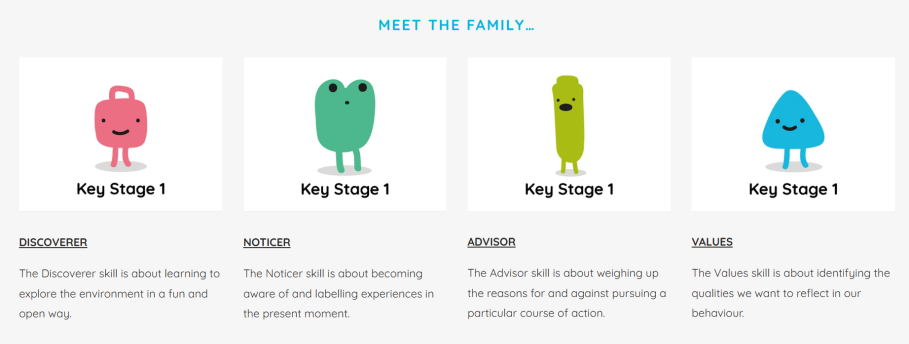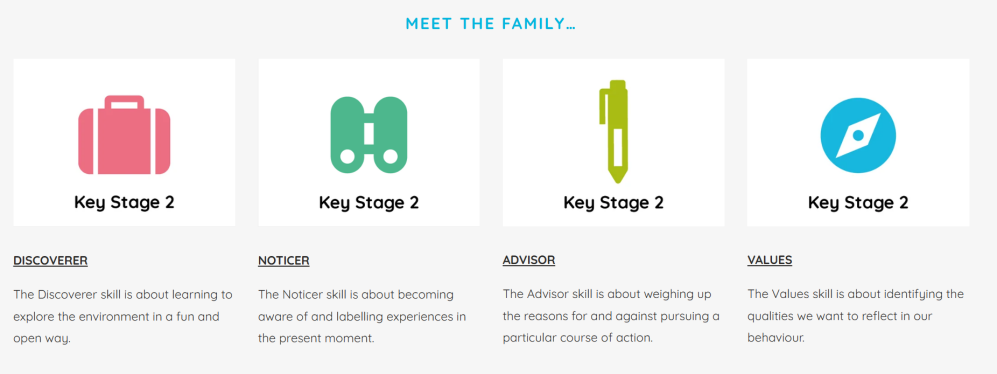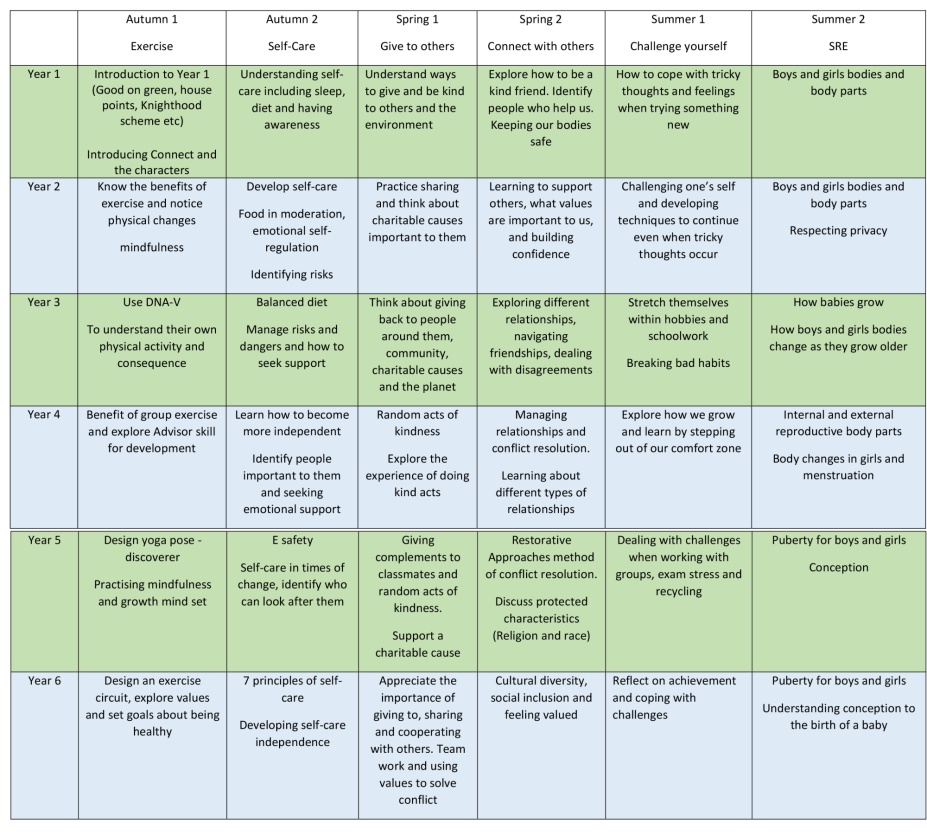PSHE

We use the Connect scheme to teach PSHE (Personal, Social and Health Education). It is a fun, wellbeing-focused programme that helps children develop key skills to promote emotional wellbeing and resilience. The scheme is based on the DNA-V model, which stands for four core skills – Discoverer, Noticer, Advisor, and Values. Research shows that children’s emotional resilience improves when they learn and apply these skills. Through DNA-V exercises taught in lessons, pupils build the confidence to use these skills in their everyday lives.



Intent
-
All pupils will make strong progress in PSHE and actively contribute during the Connect scheme sessions.
-
Pupils will develop their knowledge of PSHE topics through discussion, oracy, and practical activities, applying reading and communication skills.
-
Learning is planned so pupils build on prior knowledge, with the Connect scheme supporting age-related progression.
-
PSHE is designed to be accessible to all pupils, including those who may face barriers, promoting inclusivity and “Growing in Greatness.”
-
Pupils will enjoy learning and develop confidence, communication skills, and a wide vocabulary to discuss sensitive topics.
-
Pupils will explore local and global perspectives, understanding the impact of topics on people and communities.
-
Enrichment opportunities such as visitors, assemblies, trips, and role play deepen understanding and personal development.
Implementation
-
Lessons follow clear objectives, modelling, structured questioning, and inclusive participation strategies, such as the “holding the Jigsaw character” system.
-
Pupils’ subject-specific vocabulary (e.g., bullying, respect, empathy, e-safety) is developed and reinforced across lessons.
-
Formative assessment, observations, and PSHE journals monitor progress and inform next steps.
-
Key concepts and knowledge are revisited to embed learning over time, across cycles and years.
-
Teachers use their subject expertise to ensure pupils understand the relevance of PSHE within the wider curriculum and society.
-
Enrichment includes assemblies, local trips, charity work, school council, and extra-curricular projects supporting practical understanding and cultural capital.
Impact
-
Pupils confidently discuss PSHE topics and articulate their learning with accuracy and fluency.
-
Journals and reflections show progress in personal development, social awareness, and resilience.
-
Lessons ensure mastery of the curriculum, with positive progress visible across all pupil groups.
-
Pupils enjoy PSHE, demonstrate strong communication skills, and show empathy and respect for others.
-
Engagement in enrichment activities and community projects reinforces learning and builds confidence.
-
Pupils understand significant topics, events, and societal issues, and their impact locally and globally.
-
PSHE promotes collaborative skills, healthy living, cultural understanding, and respect for diversity and democracy.
